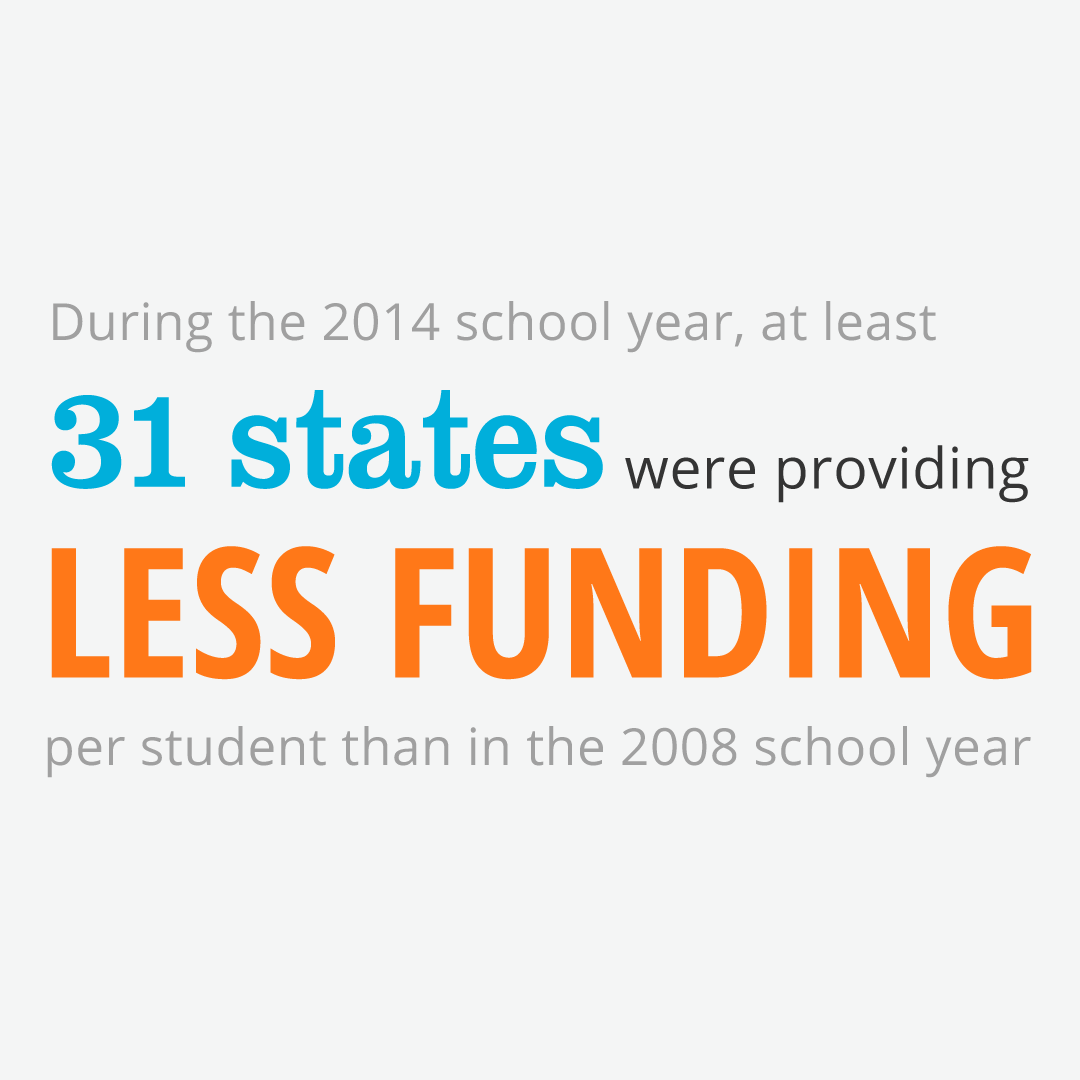In efforts to curb climate change and make homes and businesses more energy efficient, the Senate is likely to vote next week on an amendment that would be a part of a larger energy bill currently under consideration on the Senate floor, the American Energy Innovation Act. This amendment, introduced by Senators Rob Portman (R-OH) and Jeanne Shaheen (D-NH), would add the voluntary building codes sections of their legislation, the Energy Savings and Industrial Competitiveness Act, which had been approved by the Senate Energy and Natural Resources Committee with bipartisan support, to the current bill under consideration. The amendment would essentially strengthen building codes to make new homes more energy efficient and would be completely voluntary.
The amendment language would codify the current Department of Energy (DOE) practice of participating in the code development process and setting targets to reach a certain percentage of energy savings from the code in the past. The National Association of Home Builders is one group opposing this amendment because of the methodology DOE used to set the target in the past. However, the Portman-Shaheen codes provision–which has bipartisan support– includes a requirement that DOE work with states, tribes, local governments, and other interested stakeholders in their rulemaking to establish an energy savings target in advance of the code update.
The Portman-Shaheen provision has the support of a broad range of stakeholders including ASCE. A recent economic and environmental impact analysis by the policy experts at the American Council for an Energy-Efficient Economy (ACEEE) found that over the lifetime of the legislation through 2050, the Portman-Shaheen building codes provisions will:
- Save consumers $41.4 billion on their energy bills;
- Reduce carbon dioxide emissions by 1.18 billion metric tons, which is the equivalent of taking 3.1 million cars off the road each year for 30 years; and
- Save 28 quadrillion Btu of energy.
ASCE will continue to monitor and support the proposal as it moves through the process, as well as the full Senate energy bill.























































